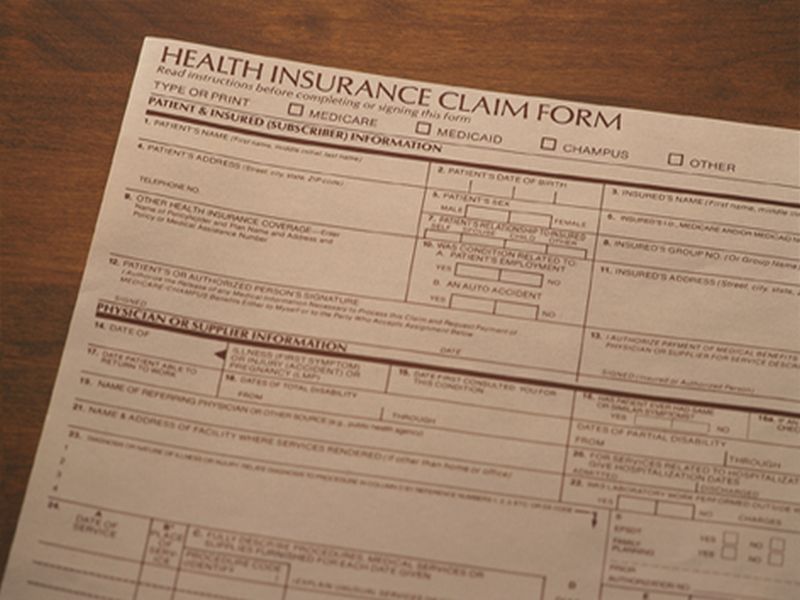
New research challenges the idea that allowing Americans to price shop for health care services could help slow rising health care costs.
“The idea is that if you give consumers good information about prices — and make sure they have ‘skin in the game’ through high deductibles or co-pays — they will choose lower-priced providers and services, and market forces will drive spending and prices down,” said Dr. Ateev Mehrotra, a health care economist and physician at Harvard Medical School.
“That’s the theory. We wanted to see how it works in reality. Turns out, reality is a bit more complicated than that,” Mehrotra added in a school news release.
The researchers looked at Americans’ attitudes about comparison shopping for health care services. In a national survey of 3,000 people who had recent out-of-pocket health expenses, the researchers found only 13 percent of the respondents had sought information about their expected expenses before receiving care, and only 3 percent had compared costs across providers before receiving care.
The majority of those surveyed said they believed price shopping for care was important and they did not believe that more expensive providers necessarily offered higher quality of care, the researchers said. The most common reason for avoiding price shopping was a reluctance to switch doctors.
In a second study, the researchers offered consumers a comparison shopping tool to price shop a set of services, including lab tests, office visits and advanced imaging services. Only a few used the tool and were able to purchase less expensive services. Overall, the researchers reported, access to the tool didn’t make a dent in lowering outpatient spending.
The findings were published in the August issue of the journal Health Affairs.
The results add to growing evidence that consumerism may not have as much impact on rising health care costs as supporters contend, the study authors said.
“As it stands now, our findings suggest that the current set of transparency laws and online tools have a limited impact on health care price shopping, and even less impact on overall spending or prices,” Mehrotra said. “The evidence we’ve found doesn’t support the enthusiasm that policy makers have had for these tools.”
More information
USA.gov offers information on health insurance.
Source: HealthDay

Leave a Reply